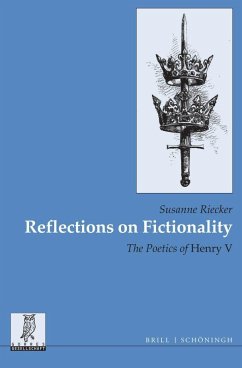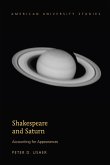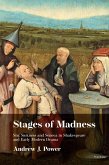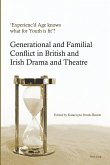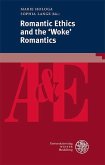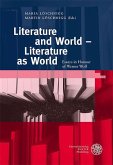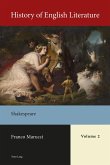This study deals with the central reflection figure of the fictional in Shakespeare's history play Henry V: "mockery." At the core of this analysis is the relation of "mockeries" and "true things" in Henry V. The play makes use of this relation to construe its own poetics, balancing truth and history with imitation and poetry in the sense of fiction. This study examines aspects of communication and translation, the role of the audience, concepts of possibility and necessity, and contextualises the play in early modern discourse on poetry and poetics.
Bitte wählen Sie Ihr Anliegen aus.
Rechnungen
Retourenschein anfordern
Bestellstatus
Storno

